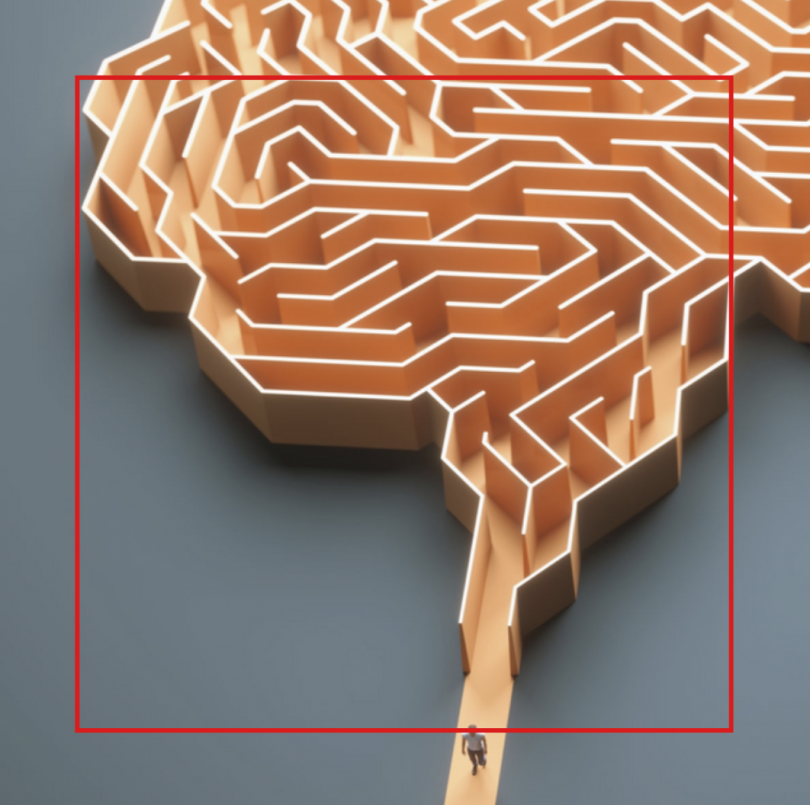Contrary to all the assumptions, curiously unanimously catastrophic, the incidence of Alzheimer’s and alterations of cognitive functions during aging is declining.
The good news is confirmed by several recent studies (1) (2) conducted over thousands of cases, over several decades, which all go in the same direction: the risk of Alzheimer can be revised downward. The factors leading to this result are not all identified, but one point is unanimous: a high level of education significantly delays the appearance of signs of Alzheimer’s. This factor would appeal to the concept of cognitive reserve, a concept that emphasizes brain plasticity in a stimulating intellectual environment.
It remains to clarify the interactions between these factors but synergies seem to be emerging: intellectual stimulation, early management of the metabolic syndrome, food hygiene, physical exercises…
In the absence of radical drug solutions, a therapeutic regimen that uses both stimulation of brain plasticity and treatments against the metabolic syndrome seems to be able to prevent cognitive decline and Alzheimer’s disease.
© AGE BREAKER update 09 2021.
✅ [AGE BREAKER, patented nutritional supplements, based on rosmarinic acid, recognized by aging specialists around the world for their properties to reverse the effects of glycation.]
✅ [Glycation is one of the major causes of aging. Resulting from the fixation of sugars on the proteins constituting the organism, glycation generates toxic compounds that cause cellular aging. Glycation is particularly involved in metabolic disorders, skin aging and cognitive decline.]
More on www.agebreaker.com
#agebreaker #glycation
(1) Claudia L. Satizabal and Al. Incidence of Dementia over Three Decades in the Framingham Heart Study. New England Journal of Medicine 2016.
(2) Kenneth M. Langa and Al. A Comparison of the Prevalence of Dementia in the United States in 2000 and 2012. JAMA Intern Med. 2017.









